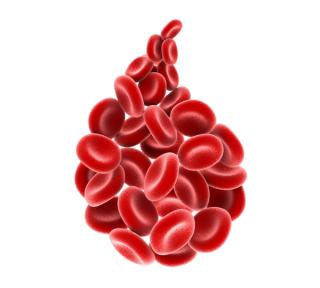
Hematology
Latest News

Latest Videos

CME Content
More News
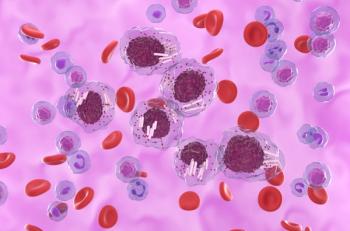
A leukemia clinical pharmacy specialist delves into the significance of educating patients on treatments and serving as a resource for both patients and health care providers.
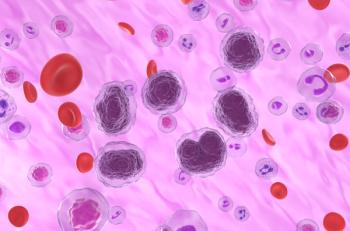
In addition, patients who were treated with liso-cel therapy had a higher average life expectancy and QALYs, compared to those who were treated with standard care.
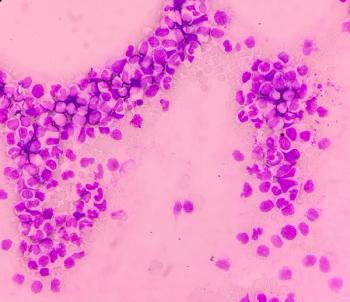
Compared to standard of care TKIs, asciminib also presented favorable safety and tolerability profiles with fewer reported AEs among patients.
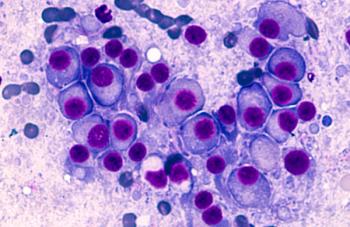
The study results also demonstrated isatuximab had safety and tolerability profiles that were consistent with other clinical trials.

Nearly 75% of patients who had an initial complete response with mosunetuzumab maintained that complete response after 3 years.

Eliminating certain factors within the GRN resulted in the network shutting down, potentially leading to cancer cell death due to an inability to replicate, according to the study authors.
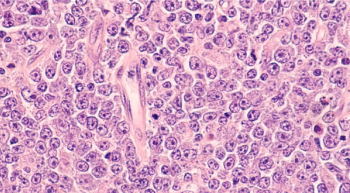
New CAR T development method infuses immune T cells from healthy people into patients to improve outcomes.

The investigators advise that the use of bendamustine should be avoided when possible in patients with refractory LBCL who are potential candidates for CAR T-cell therapy.
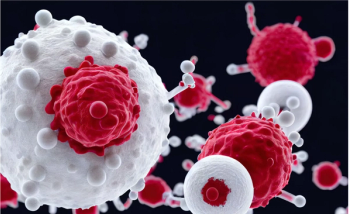
In the Augment-101 phase 2 study, 63% of patients experienced overall response rate with revumenib.
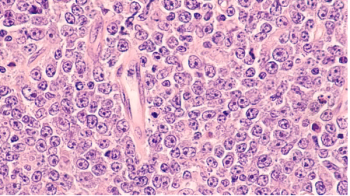
This therapeutic could work for diseases of the B cell receptor signaling transduction pathway that do not respond well to single-agent BTK inhibitor.
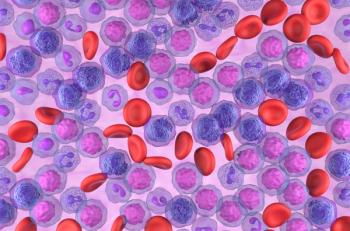
According to the findings, the use of venetoclax, as well as other new therapies, improved overall survival from 28.6% to 45.3% in non-Hispanic Black patients with AML.

The CAR T-cell therapy improved relative overall survival by more than a third compared to standard of care.

Expert discusses positive, real-world findings from a claims-based study looking at this therapeutic.

These drugs have interesting mechanisms, unique use, or may support expanded indications in the future.

Investigators will evaluate prophylactic tocilizumab prior to treatment with teclistamab.

Although treatment is effective, AEs remain difficult for patients.
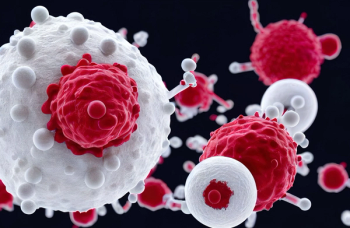
There is progress being made regarding research on immunotherapies and the mutation, which adversely affects a higher number of patients in this population.
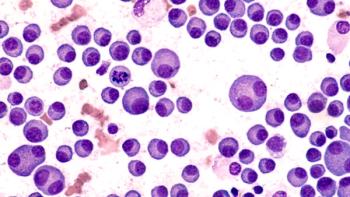
These data support the combination of daratumumab plus VRd followed by daratumumab and lenalidomide maintenance as a new standard of care for transplant-eligible patients.
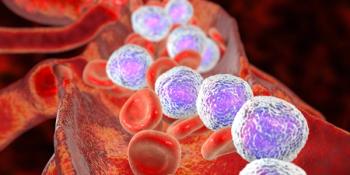
Compared to placebo plus chemotherapy, quizartinib plus chemotherapy improved OS without significant AEs and impact on QOL in patients with AML.

In a recent study, people who lived in disadvantaged or rural areas were just as likely to receive the second-generation medications as people in urban areas.

However, a survival benefit was observed with using a signaling inhibitor in general for patients with angioimmunoblastic T-cell lymphoma.

The authors note that CAR-T cell therapy could change the treatment standard for patients with DLBCL, who previously had few options if standard chemotherapy treatment was ineffective.
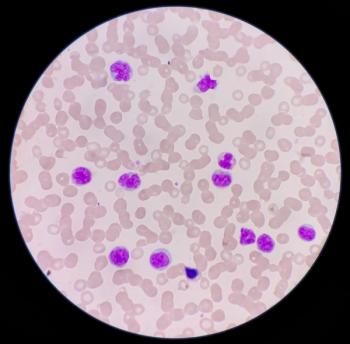
The model may help clinicians identify patients who would benefit from disease-specific therapies or enrollment into clinical trials.

The pharmacist can help patients to manage symptoms throughout the entire treatment journey.
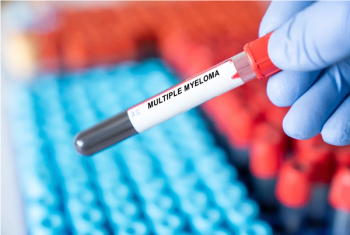
Expert breaks down these findings and more from the GLAMM1 study at the 2023 ASH Annual Meeting.






